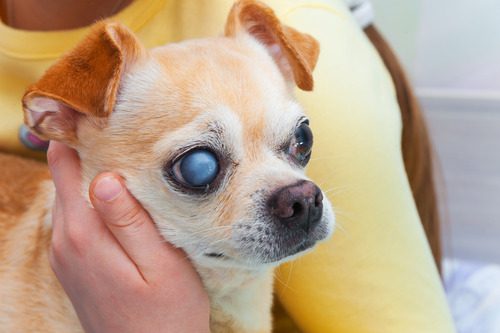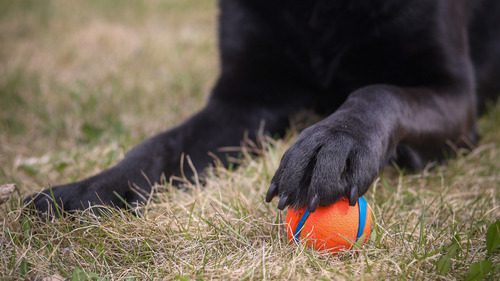Dog Influenza: What You Need to Know
Dog influenza, often known as the dog flu, is something every pet owner should be aware of. This blog is here to shed light on what dog influenza is, its symptoms, how it spreads, and most importantly, how you can help protect your dog from catching it. If you have concerns or think your dog might be showing signs of the flu, we encourage you to reach out to Companion Animal Hospital of Wakefield in Raleigh, NC, at (919) 488-5300 or make an appointment. Our team is ready to provide the information you need to ensure your dog gets the best care possible.

Understanding Dog Influenza
Dog influenza is a highly contagious respiratory infection in dogs caused by specific influenza viruses known to affect dogs. Just like human flu, it can be uncomfortable for your pets and, in some cases, lead to more severe health issues. There are two main strains of the virus in dogs: H3N8 and H3N2, each originating from different sources and having made their way to the canine population.
The symptoms of dog flu can vary from mild to severe and include coughing, sneezing, fever, lethargy, eye discharge, and a runny nose. If your dog shows any of these signs, it’s essential to take action by calling Companion Animal Hospital of Wakefield for advice and possible evaluation.
How Dog Influenza Spreads
Understanding how dog influenza spreads can help you take steps to protect your dog. The virus can spread through direct contact with respiratory secretions from infected dogs, through the air via coughs and sneezes, and by contact with contaminated objects or surfaces. Social dogs, those who frequent dog parks, grooming salons, or boarding facilities, are at higher risk of catching the dog flu.
Preventing your dog from interacting closely with sick dogs and keeping their living area clean are good practices. However, the most effective way to protect your dog is by discussing vaccination options with us at Companion Animal Hospital of Wakefield.
Prevention and Care
Prevention plays a key role in keeping your dog healthy. Vaccines for dog influenza are available and can be a valuable preventive measure, especially if your dog is regularly exposed to other dogs. Besides vaccination, maintaining good hygiene and avoiding places where dog flu outbreaks have been reported can also help prevent your dog from getting sick.
If your dog contracts dog influenza, care is mostly supportive, focusing on making your dog comfortable, ensuring they stay well-hydrated, and monitoring for any signs of secondary infections. Our team at Companion Animal Hospital of Wakefield is here to support you with the right advice and treatment options to manage your dog’s health effectively.
When to Contact a Vet
If you suspect your dog has influenza or if they show any symptoms like coughing, sneezing, or lethargy, it’s time to call Companion Animal Hospital of Wakefield. Early intervention can help prevent more serious complications and ensure your dog’s quick recovery. Our experienced team will guide you through the next steps, which may include isolating your dog from other pets to prevent the spread and providing supportive care.
The Role of Companion Animal Hospital of Wakefield
At Companion Animal Hospital of Wakefield, we’re committed to helping you keep your dog healthy and happy. We understand the concerns that come with illnesses like dog influenza, and we’re here to provide the care and information you need. From vaccinations and preventive measures to treatment and support for sick dogs, our team is equipped to handle all aspects of your dog’s health.
If you’re worried about dog influenza or want to learn more about how you can protect your dog, please give us a call at (919) 488-5300 or make an appointent. Let’s work together to ensure your dog stays healthy and flu-free.
Recent Posts

Everything You Need to Know about Hepatitis in Dogs

Reasons Your Cat is Losing Weight

My Dog’s Eye is Cloudy: Should I Be Worried?
About Us
At Companion Animal Hospital of Wakefield, our veterinarians in Raleigh, NC, provide better care for your pets. As members of your family, cats and dogs deserve the highest level of medicine with the most compassion. That’s why we put a strong emphasis on personalized care for your pet and client education for you. We believe that when we take the time to help you thoroughly understand your pet’s health, we’re able to make the best decisions for their care together.


